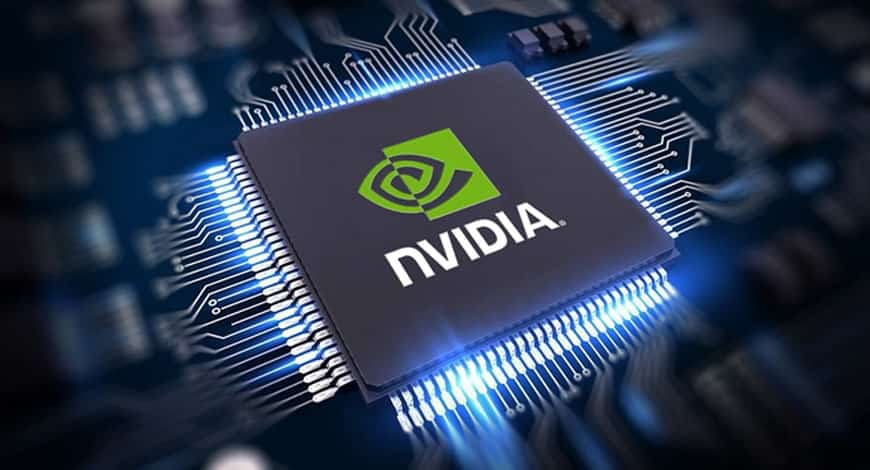In a development that could reshape the global semiconductor landscape, the United States government has granted approval for Nvidia H20 chip export to China. This move comes amid ongoing trade tensions between the two largest economies, highlighting the delicate balance between economic interests and national security concerns.
The approval allows Nvidia to sell its H20 model — a high-performance chip designed for artificial intelligence applications — to Chinese companies, despite earlier restrictions aimed at curbing China’s access to advanced semiconductor technology. The decision has sparked debates in both political and technology circles about its potential impacts on competition, innovation, and geopolitical strategy.
Understanding The Nvidia H20 Chip
The Nvidia H20 is part of the company’s Hopper architecture, specifically tailored for AI workloads, data center operations, and complex computational tasks. With enhanced performance in deep learning and large-scale data processing, the chip is positioned as a top choice for enterprises developing advanced AI models.
Prior to the recent decision, US export controls had limited the availability of high-end AI chips to China, citing concerns over potential military applications. The Nvidia H20 chip export approval signals a shift in how these controls are being interpreted and applied, possibly opening doors for selective technology transfers under strict regulations.
Why The US Changed Its Stance
Several factors likely influenced the US government’s decision. Firstly, the global semiconductor industry is highly interconnected, with supply chains spanning multiple countries. Restrictive measures on exports can create unintended consequences for American companies, potentially leading to loss of market share to competitors from other regions.
Secondly, Nvidia and other US-based semiconductor firms have significant business interests in China, which remains one of the largest markets for AI hardware. Allowing the Nvidia H20 chip export could help preserve US companies’ competitive edge while still maintaining oversight on sensitive technologies.
Finally, the move might be part of broader trade negotiations, where technological access is used as leverage to achieve other diplomatic or economic objectives.
Potential Impacts On China’s AI Ambitions
China has been aggressively investing in AI research and development, aiming to become a global leader in the field by 2030. Access to advanced chips like the H20 could accelerate these efforts, enabling Chinese companies to train larger AI models more efficiently.
The Nvidia H20 chip export will likely benefit Chinese tech giants, cloud service providers, and research institutions. However, industry experts note that the US approval is limited to specific models with certain performance thresholds, meaning China still faces barriers in acquiring the most advanced versions.
This partial access might push Chinese firms to focus on maximizing the capabilities of the H20 while continuing to develop domestic semiconductor alternatives.
Geopolitical And Economic Considerations
The decision to approve the Nvidia H20 chip export reflects the complex interplay between national security, economic policy, and global competition. On one hand, Washington seeks to prevent the transfer of technology that could enhance China’s military capabilities. On the other hand, it recognizes the economic importance of maintaining strong positions in key markets.
From an economic standpoint, the export approval could provide Nvidia with a significant revenue boost, especially as demand for AI chips continues to surge worldwide. This could also strengthen the overall US semiconductor sector, which competes fiercely with rivals in Taiwan, South Korea, and Europe.
Geopolitically, the move may be interpreted as a temporary easing of restrictions, potentially aimed at creating a more cooperative atmosphere in US-China relations. However, such cooperation is likely to remain fragile given the broader context of strategic rivalry.
Industry Reactions And Future Outlook
Industry analysts have expressed mixed views on the approval. Supporters argue that it is a pragmatic step that benefits both US companies and global AI development, as long as proper safeguards are in place. Critics warn that even limited access to advanced chips could give China an edge in sensitive areas such as autonomous weapons and cyber capabilities.
Looking ahead, the future of the Nvidia H20 chip export will depend on evolving political dynamics, technological advancements, and global market conditions. US export policies may continue to adapt, balancing the need for competitiveness with national security imperatives.
For Nvidia, the approval represents both an opportunity and a challenge. The company must navigate complex compliance requirements while delivering high-quality products that meet the needs of diverse customers. For China, it is a reminder that access to cutting-edge technology often comes with strings attached.
Conclusion
The US government’s decision to allow Nvidia H20 chip export to China marks a notable shift in the ongoing technology dispute between the two countries. It underscores the importance of semiconductors in modern geopolitics and highlights how strategic decisions in this sector can have far-reaching implications.
As AI continues to shape the global economy, the competition for advanced chips will remain intense. This approval may be just one chapter in a much larger story about the future of technology, trade, and international power.
Read More






 Friday, 27-02-26
Friday, 27-02-26







